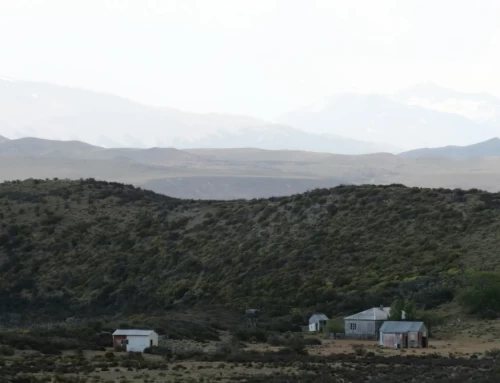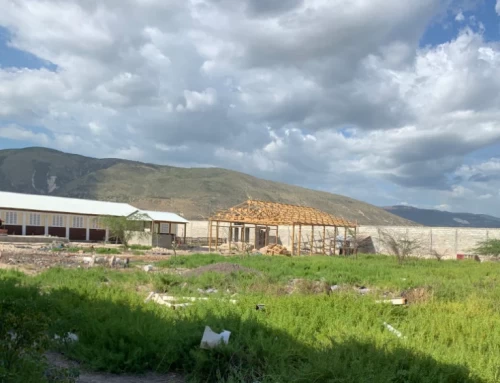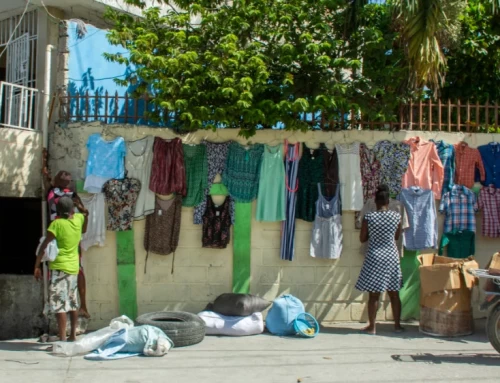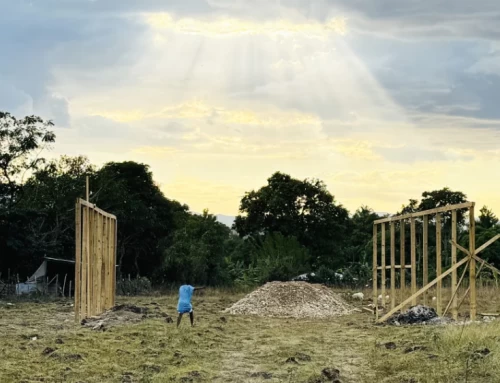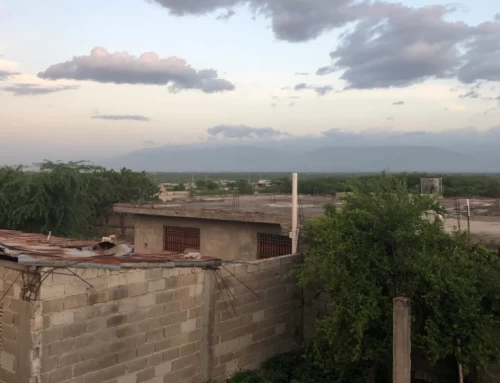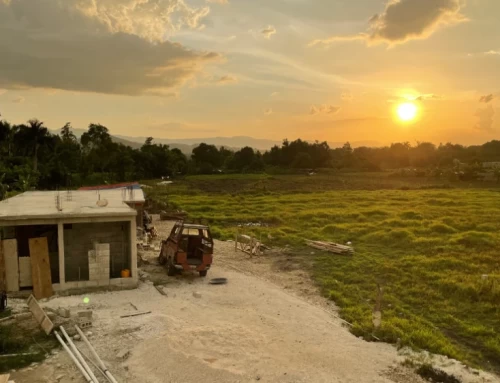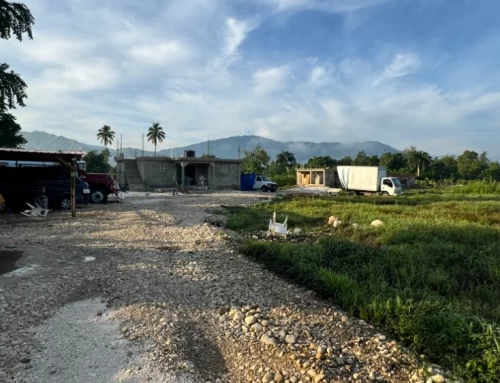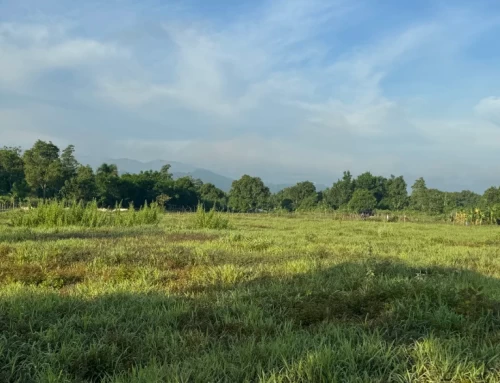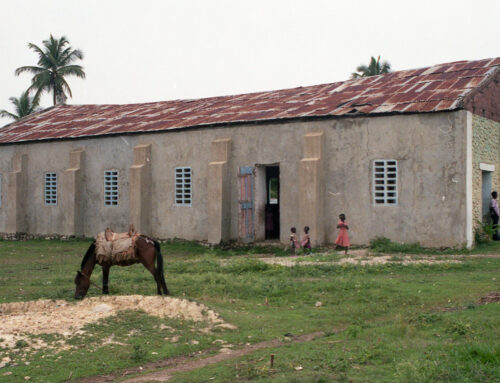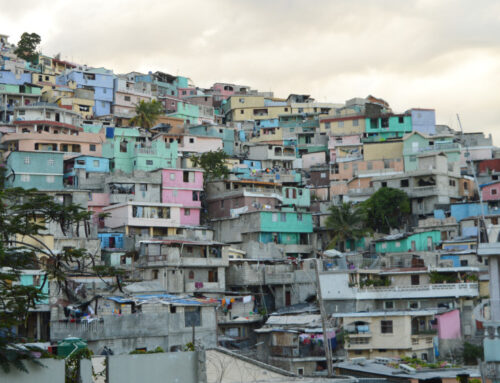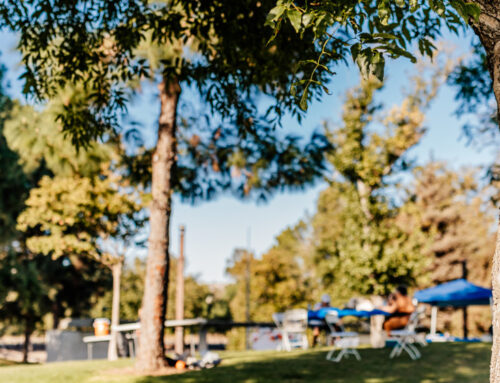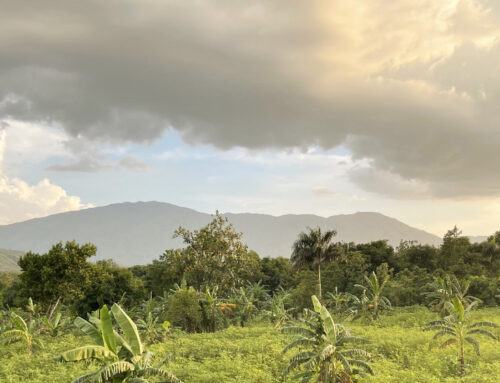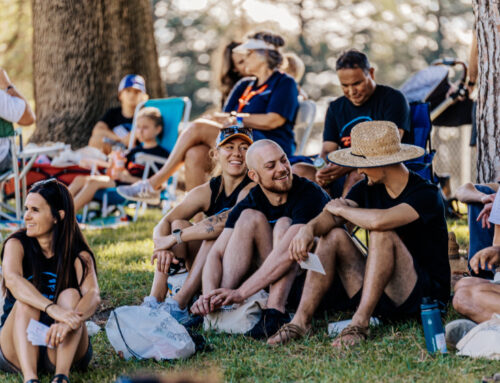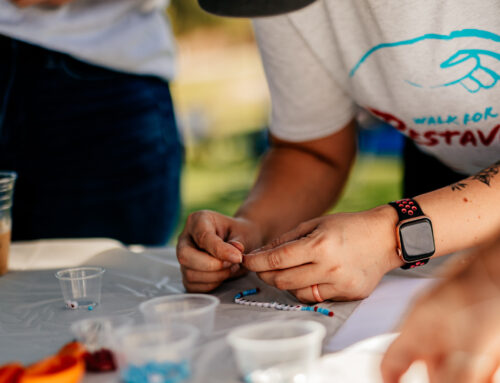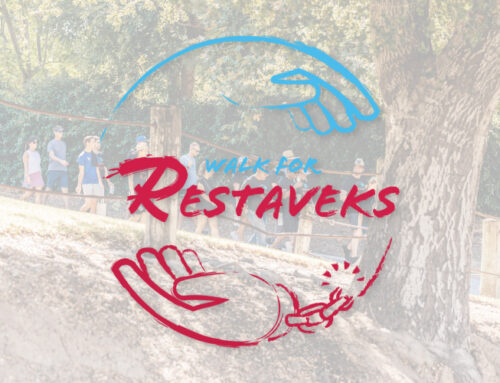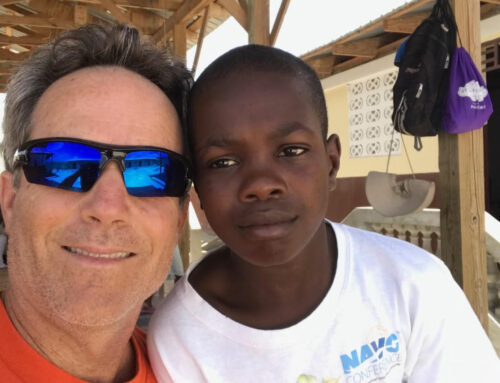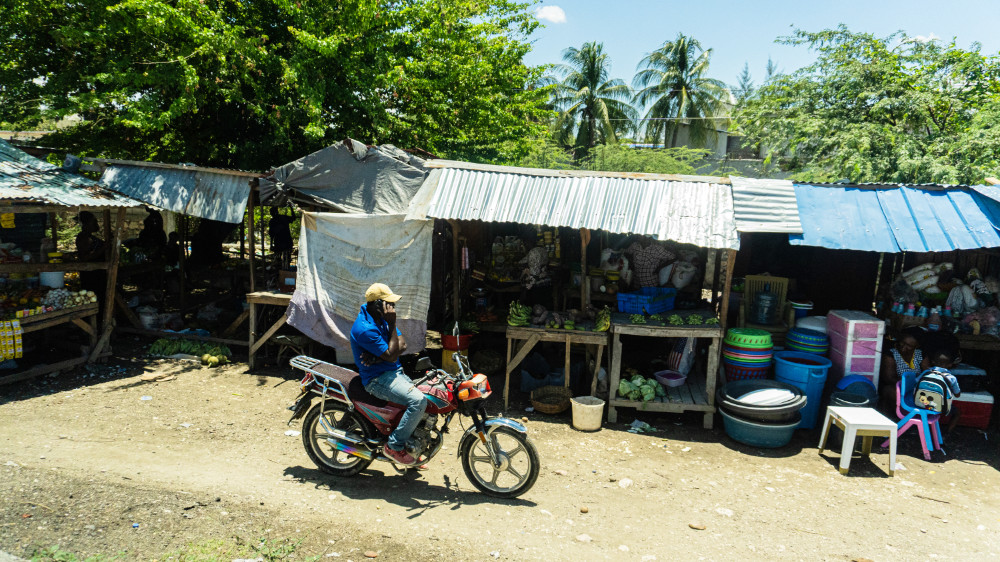
Vodou has created a culture of superstition in Haiti. Common practices are often rooted in Vodou beliefs and practices, and the result is a society where occult religion bleeds into everyday life. Here are a few examples.
- Avoiding Whistling at Night. Many Haitians believe that whistling at night can attract evil spirits. People refrain from whistling after dark to avoid calling the attention of a malevolent entity.
- Placing Salt at Doorways. Sprinkling salt at the entrance of a home is a common practice to ward off and protect the house from evil spirits. Salt is universally recognized for its preserving qualities (specifically against food decay), and in Vodou, salt is believed to cleanse and purify spaces for this reason. By placing salt at doorways, people believe they are creating a barrier that repels malevolent spirits.1
- Avoiding Sweeping at Night. Sweeping the house at night is considered bad luck, as it is believed to sweep away good fortune and invite bad spirits into the home.2
- Dream Interpretation. Dreams are considered messages from the spirits, and their interpretation is taken seriously. Certain dreams are believed to predict future events or provide warnings, leading people to adjust their behavior accordingly.
- Using Garlic for Protection. Garlic is commonly used for protection against evil spirits, and people hang garlic in the home or carry it as an amulet to ward off negative powers.3
- Avoiding Black Cats. Similar to many cultures, black cats are considered omens of bad luck in Haiti. Seeing a black cat, especially at night, is believed to be a sign of impending misfortune.
- Protective Baths. Taking baths with specific herbs and other ingredients is a practice to cleanse oneself of negative energies and protect against spiritual attacks. These baths are often prescribed by Vodou practitioners, and many Haitians carry on the practice out of superstition, regardless of religious affiliation.4
These superstitions are deeply rooted in Vodou beliefs. Vodou is a religion of fear, and it is no surprise that this fear has permeated so many cultural practices in Haiti. Vodou has shaped people’s ideas of blessing, protection, and the place of the supernatural in everyday life, and that poses a challenge for gospel ministry. Often, our conversations revolve around distinguishing cultural practices from truth.
But in Jesus Christ, culture becomes secondary. We are in the world and not of it, walking in the light where every other system of belief can offer only darkness. As we address the influence of Vodou in Haiti, we share a hope that overpowers fear, seeking to help people replace superstition with faith in Christ alone.
Visit Vodou in Haiti to read more about the religion and its history.
[1] Katy Beinart, “The Poetics of Salt, Journey 4: Goute Sel/A Taste of Salt,” Feast, http://feastjournal.co.uk/article/the-poetics-of-salt-journey-4-haiti/.
[2] “Haitian Superstitions,” January 11, 2011, https://sunnyglobaldiva.com/2011/01/11/haitian-superstitions/.
[3] Zoe Camp, “Bathing With Spirits: Herbal Baths and Haitian Voudou,” Garden Collage, July 6, 2015, https://gardencollage.com/heal/botanical-medicine/bathing-with-spirits-herbal-baths-and-haitian-voudou/.
[4] Zoe Camp, “Bathing With Spirits: Herbal Baths and Haitian Voudou,” Garden Collage, July 6, 2015, https://gardencollage.com/heal/botanical-medicine/bathing-with-spirits-herbal-baths-and-haitian-voudou/.
Share This Story!
Join Our Email List!
Get our blogs delivered directly in your email, don’t miss an opportunity to read about our mission to save children and bringing the Gospel to Haiti.

